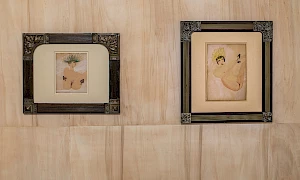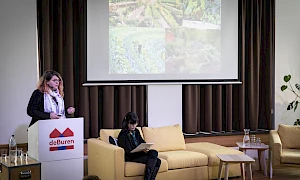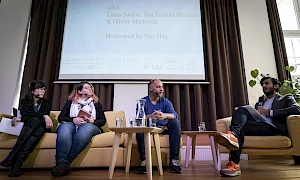Offsetting Sameness: Notes Towards Artistic and Institutional Polysemy and Practices of/on Monocultures and Multicultures
Lecture given during the "Considering Monoculture" conference, deBuren, Brussels. February 28, 2020.
By the mid-20th century, with the aftermath of WWII, at a time when unity and the creation of a European identity was understood as essential for the survival of Europe, large-scale intensive farming methods appeared as a solution to maximize agricultural production resulting in vast areas of identical crops. Much like the agricultural monocultures, monocultural artistic and institutional practices can be both partly necessary to generate bursts of needed development and vastly damaging if unchecked. Evolving from the loaded and manifold agency of culture as a form of growth and cultivation of varied types of fields, as well as learning from recent proposals for a radical transformation of agriculture (Altieri 1995), this paper seeks to uncover the inscription of conflict, (counter-)memory, and resistance through the lenses of contemporary art within mono/multicultural processes/realities/practices.
Related contributions and publications
-

Hauntological Relations of Monocultures
Florence ChevalMonocultureM HKA -

A walk-through the exhibition ‘MONOCULTURE – A Recent History’ at M HKA (Antwerp), with Nick Aikens and Nav Haq in conversation
Nick Aikens, Nav HaqMonocultureM HKA -

Decolonial Suites
Olivier MarbœufMonoculture -

Offsetting Sameness: Notes Towards Artistic and Institutional Polysemy and Practices of/on Monocultures and Multicultures
Luísa Santos, Ana Fabíola MaurícioMonoculture -

Panel Discussion with Luísa Santos, Ana Fabíola Maurício and Olivier Marboeuf, moderated by Nav Haq
Nav Haq, Olivier Marbœuf, Luísa Santos, Ana Fabíola MaurícioMonoculture -

Constituting the Ummah – أم
Haseeb AhmedMonoculture -

Do thriving democracies need to be monolingual and monocultural?
Philippe Van ParijsMonoculture